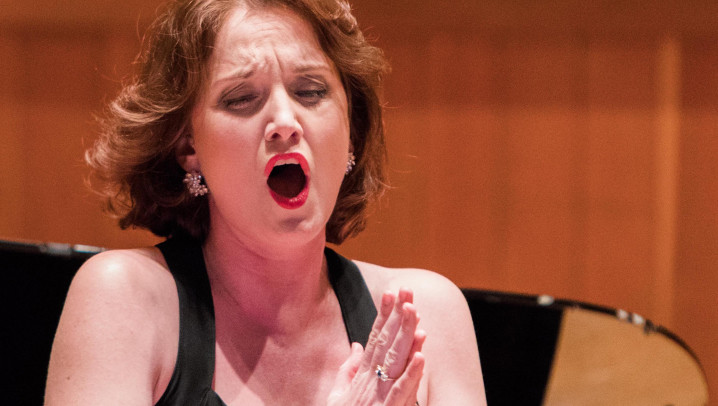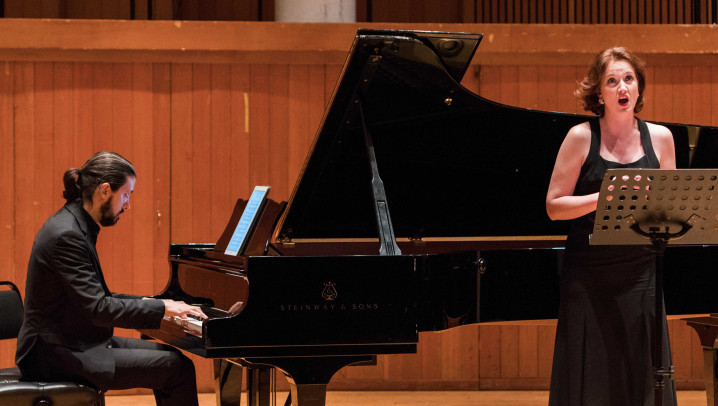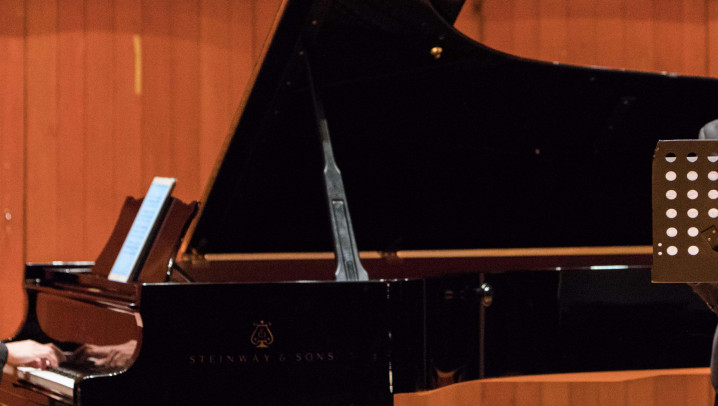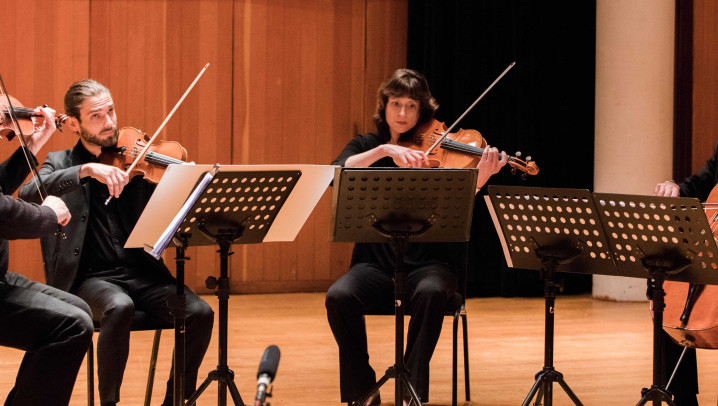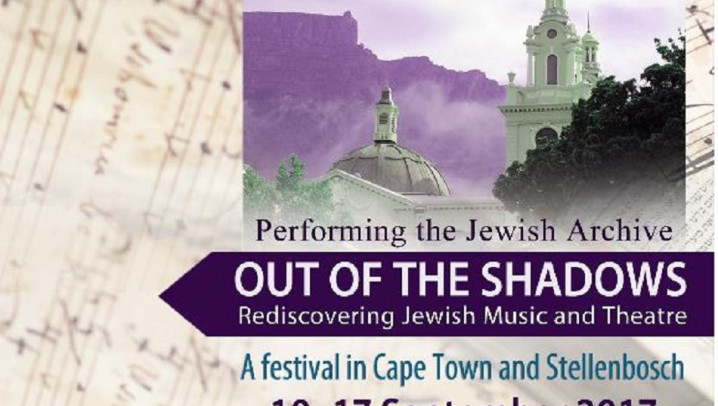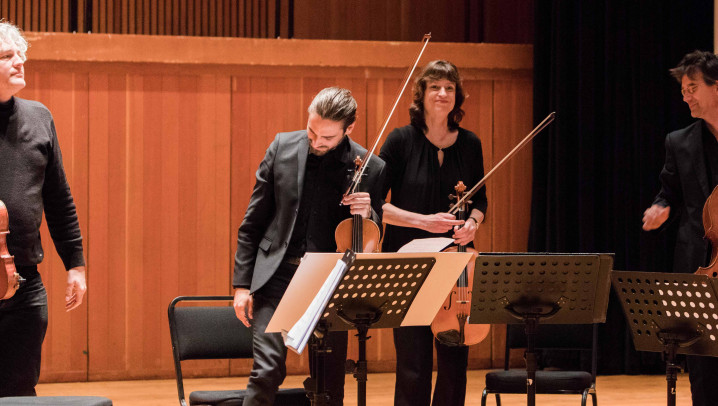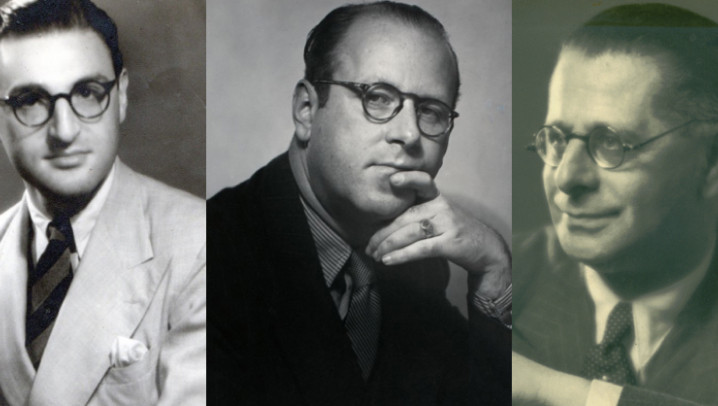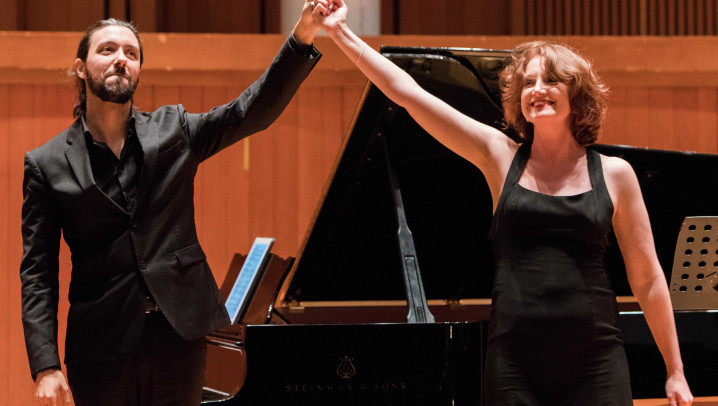
Walter, Werner and Wilhelm's far-distant spring
Cape Town's finest chamber musicians perform compositions by Walter Wurzburger, Werner Baer and Wilhelm Grosz.
| Genre | Concert performance |
|---|
This concert presents music by three composers whose lives were inexorably altered by displacement, flight and reinvention in new lands. Wilhelm Grosz spent formative compositional years writing works in an immediate post-Mahlerian idiom. Five Songs from Japanese Springtime and his String Quartet (the latter rediscovered in 2016) come from this period. Walter Wurzburger came from a musical family in Frankfurt and studied jazz with Mátyás Seiber. He worked in big bands around Western Europe before moving to Singapore in early 1939, where he continued as a saxophonist and accordionist. In 1940 he was detained by the British, along with all German nationals (regardless of racial categorisation), and forcibly removed to a detention camp in the town of Tatura in rural Australia. It was here that Wurzburger began composing seriously, his first work being Vereinsamt (poetry by Nietzsche), and his third work being a String Quartet (also written in the camp). Wurzburger's Piece for Clarinet and Piano was written in 1946 during undergraduate studies at the Melba Conservatorium of Music. Werner Baer was on the path to opera conducting until the Nazi rise to power. From 1933 he worked as musical director of the Kleinkunst theater (cabaret) for the Berlin Jüdischer Kulturbund (the only permitted organisation for Jews to perform), and also organist and choirmaster for Levetzowstraße Synagogue. In late 1938 he and his wife fled to Singapore, where their daughter was born. The Baer family were deported to Australia and interned for two years. Pam for clarinet and piano is a setting that displays Baer’s characteristic whimsy and fondness for cabaret style, combined with a love and respect for German musical tradition.
(c) Dr. Joseph Toltz



